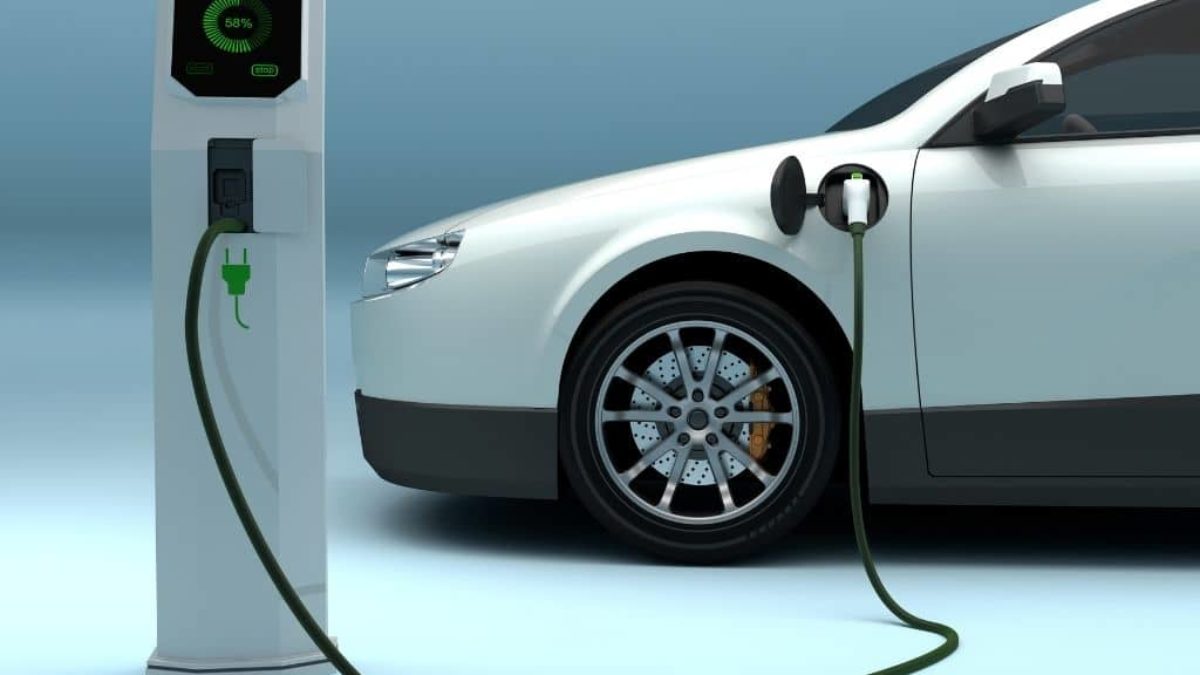Africa’s electric vehicle (EV) market reached approximately $17.4 billion in 2025, with projections aiming for $28 billion by 2030. While growth is accelerating, fewer than 1% of new vehicles sold are electric. Adoption is strongest in electric motorcycles and tuk-tuks, which are more affordable and practical for urban mobility.
Policy Incentives Spark Action
- Ethiopia: Became the first country worldwide to ban the import of petrol and diesel vehicles. EV adoption tripled to 14,000 by early 2025, with more than 60% of new car registrations now electric. Incentives include tax waivers and reduced duties.
- Rwanda: Offers VAT exemptions, import duty waivers, and free land for charging stations.
- Kenya: Targets 5% of new vehicle registrations to be electric by 2025. Reduced excise duty applies, and zoning rules mandate EV charging points in new buildings.
- South Africa: Approved a 150% tax deduction for EV and hydrogen vehicle investments, effective 2026–2036.
- Ghana, Angola, Tunisia: Provide duty waivers and subsidies. Ghana alone has about 17,000 EVs in use, mostly electric two- and three-wheelers.
Infrastructure: Progress with Gaps
South Africa leads with nearly 400 public charging stations, including solar-powered units. Kenya now requires 5% of parking spaces in new buildings to be EV-ready and is investing in battery testing labs. Still, most of the continent faces major infrastructure shortages, particularly in rural areas and for cross-border travel.
Local Innovation and Assembly
Startups such as Spiro are transforming mobility with electric motorbikes and battery-swapping networks across six countries. By 2025, Spiro had 18,000 electric bikes in circulation and more than 11 million battery swaps. Assembly plants are emerging in Rwanda, South Africa, Nigeria, and Egypt. Morocco is strengthening its role as a regional hub, with major EV production expansions underway.
Commercial Transport Going Electric
- Rwanda: BasiGo introduced electric buses with a Pay-As-You-Drive model, supported by international grants.
- South Africa: Forecasts suggest passenger EVs could reach around 25,000 units by 2030, alongside 576 electric buses and about 1,000 commercial EVs.
Opportunities Driving Africa’s EV Transition
Despite challenges, Africa holds unique advantages that can accelerate EV adoption. Abundant renewable energy resources(particularly solar) position the continent to power electric mobility sustainably. Growing urbanisation and the rise of affordable electric two- and three-wheelers create a vast market for cost-efficient transport solutions. Local assembly plants and battery-swapping innovations open doors for job creation, skills development, and reduced reliance on fuel imports. With supportive policies and investment, Africa has the chance to leapfrog into a cleaner, technology-driven transport future.
Obstacles Still Loom Large
- High Costs: EVs remain expensive compared to imported second-hand petrol vehicles.
- Unstable Power Supply: Grid instability, especially in Nigeria and South Africa, hampers EV charging reliability. Solar and mini-grid systems are being explored as alternatives.
- Fragmented Policies: Lack of harmonisation across African markets discourages scale and foreign investment.
- Awareness and Financing: Consumer knowledge of EVs is low. Innovative financing models such as leasing and pay-as-you-go are only beginning to spread.
A Mixed but Promising Picture
Electric mobility in Africa is still in its early stages but shows strong momentum. The bulk of adoption lies in two- and three-wheelers, while government incentives and private innovation are driving progress in key markets. Challenges remain(particularly infrastructure gaps, cost barriers, and unstable electricity supply) but with local assembly, solar-powered solutions, and financing innovations, Africa is gradually paving its own path towards sustainable transport.













